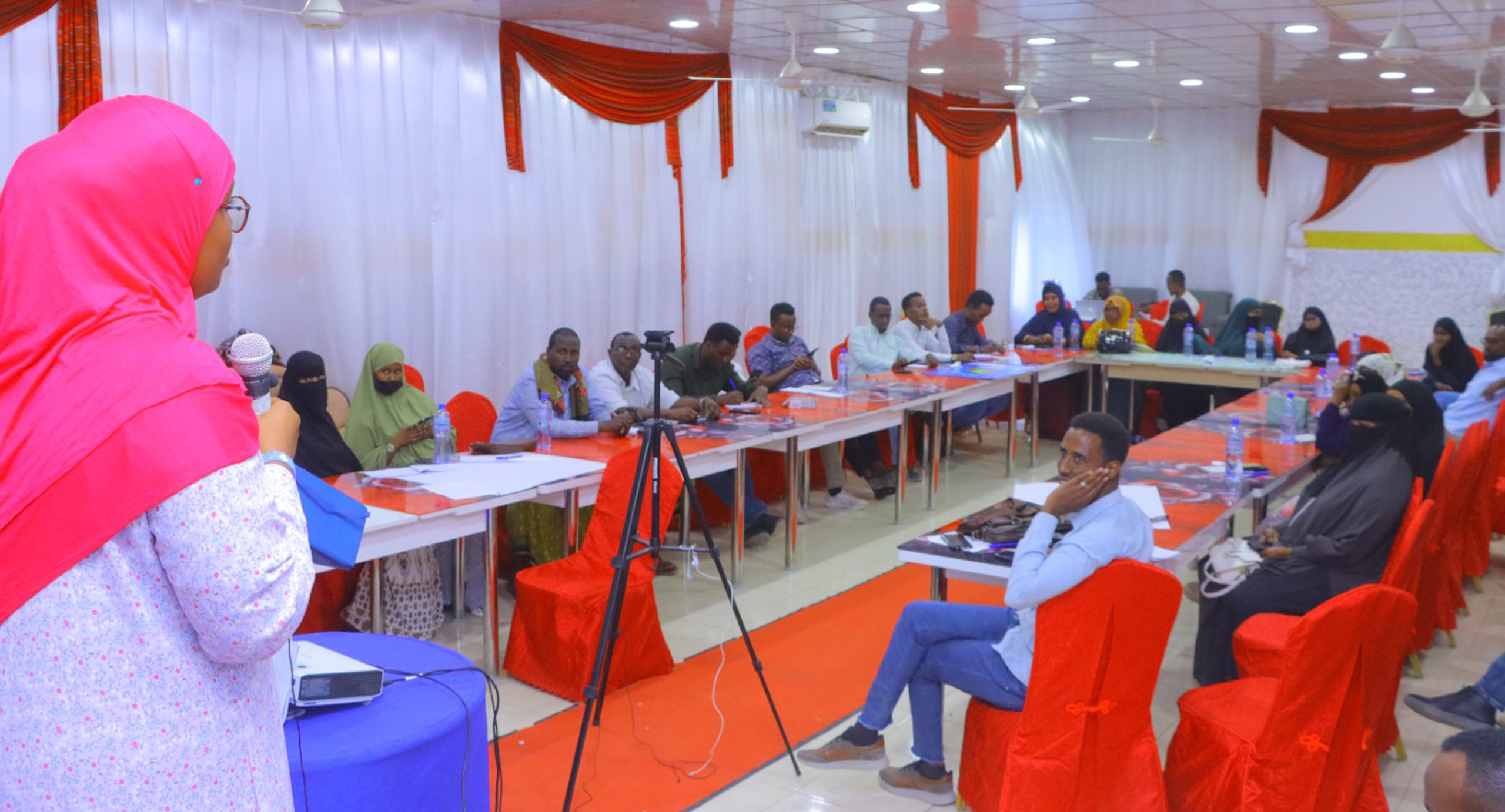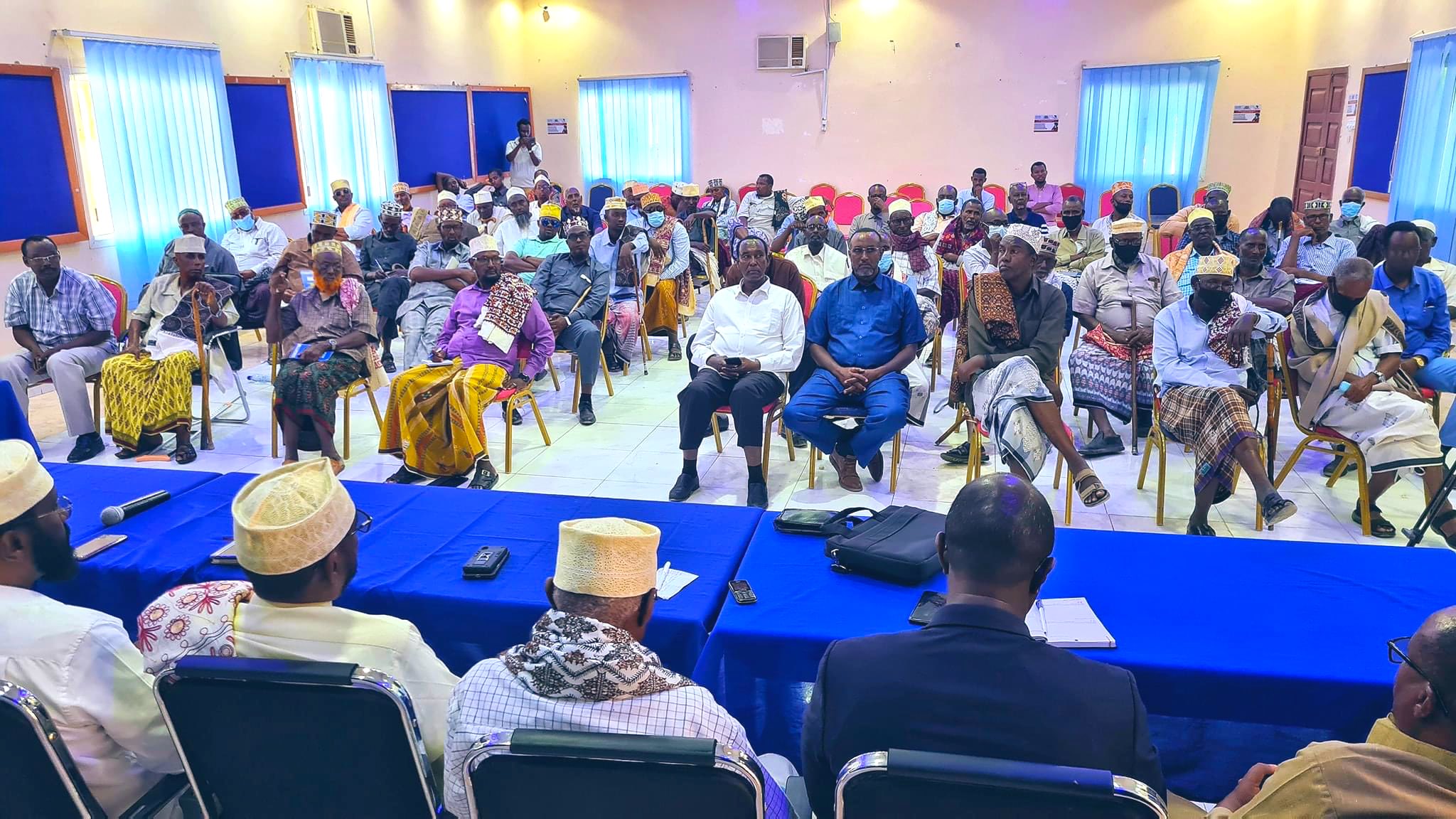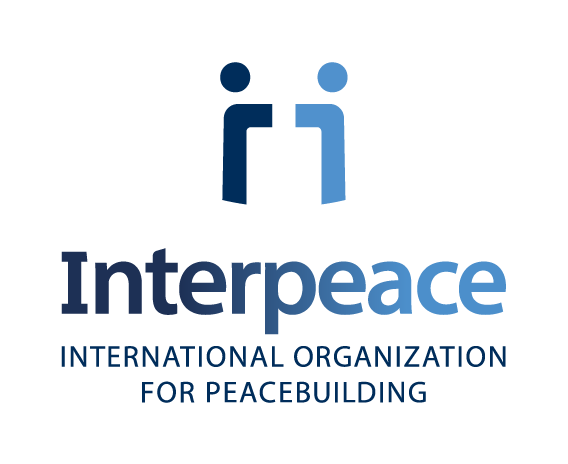

In the last five years, Somalia and Somaliland have been at a critical point in their State building processes. In Somalia, despite a period of relative optimism and forward motion, State building slowed due to the political impasse that occurred after the 2021 federal elections. Even though the aspiration was to hold one-person-one-vote elections in 2020/21, limited political dialogue and lack of consensus between the Federal Government of Somalia (FGS) and Federal Member States (FMS) halted progress and made it necessary to review the electoral model. In the end, Somalia reverted to a selection model, under which delegates selected Members of Parliament (MPs) and Senators, who in turn elected the President.
Having successfully conducted local elections in 2021, the Puntland Administration will hold elections in the remaining 37 local districts in 2023. In advance of this event, in 2022 Interpeace, with its partners the Puntland Development and Research Centre (PDRC) and the Transitional Puntland Electoral Commission (TPEC), ran a seven-month programme to provide accurate information to citizens about the local elections, encourage registration, and generally improve citizens’ understanding of elections, increase participation, and strengthen electoral accountability.
Many rural communities in Puntland, in particular, had limited access to electoral information. As a result, villagers were not aware of the process for local council elections or how eligible citizens could register to vote or vote.

The information provided by Interpeace and its partners enabled the members of several communities to register. In February 2023, TPEC noted that voter registration was high: although it did not release official figures, it indicated that voter registration had been completed in 2022 in 26 districts (65% of the target). During their outreach activities, Interpeace and PDRC found that communities were enthusiastic to vote. Between August and November 2022, Interpeace and PDRC reached 825 community members through 15 voter education forums; at least 60% of the participants were women.
The programme has helped to educate voters at a crucial moment, as Puntland headed towards its first local elections in 57 years. If the roll-out of the forthcoming elections are held successfully, they will have a positive impact across the country. Puntland’s experience could potentially have a significant influence on the direction of future federal, parliamentary, and presidential elections, and the realisation of universal suffrage.
